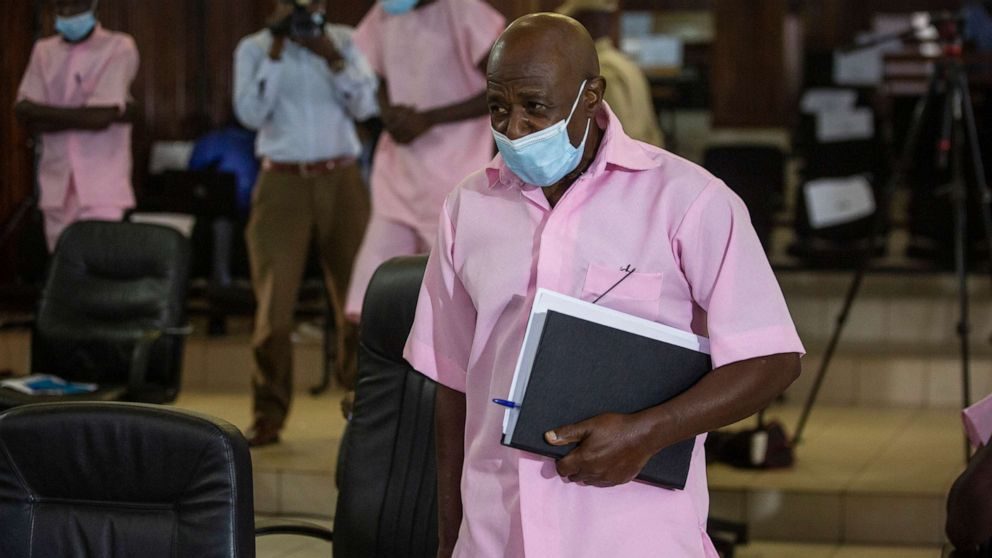Longman Interviewed on Rusesabagina Arrest and Trial

Timothy Longman, Professor of International Relations and Political Science at the Frederick S. Pardee School of Global Studies at Boston University and Director of the Institute on Culture, Religion, and World Affairs (CURA), was interviewed for a New York Times article on the verdict of Paul Rusesabagina.
On Monday, September 20, 2021, Rusesabagina was found guilty of forming and funding a group that carried out terrorist attacks in Rwanda and was sentenced to 25 years in prison. In his remarks, Longman discusses what Rusesabagina’s arrest and trial mean for him, Rwanda, and the country’s dissidents. He cited that the trial and arrest, which has been lambasted by international human rights organizations, “fits into a long history in Rwanda of silencing dissent.” Evidently, according to Longman, no one is safe to speak out against President Paul Kagame and the ruling Rwandan Patriotic Front.
The full article can be read on the New York Times‘ website.
Professor Timothy Longman is a Professor of International Relations and Political Science at the Pardee School, Director of the Institute on Culture, Religion and World Affairs, and acting Director of the African Studies Center at Boston University. His current research focuses on state -society relations in Africa, looking particularly at human rights, transitional justice, democratization, civil society, the politics of race and ethnicity, religion and politics, and women and politics. He has published two books based on his research in Rwanda: Christianity and Genocide in Rwanda (Cambridge University Press 2011), and Memory and Justice in Post-Genocide Rwanda (Cambridge University Press 2017). Read more about Professor Longman on his faculty profile.